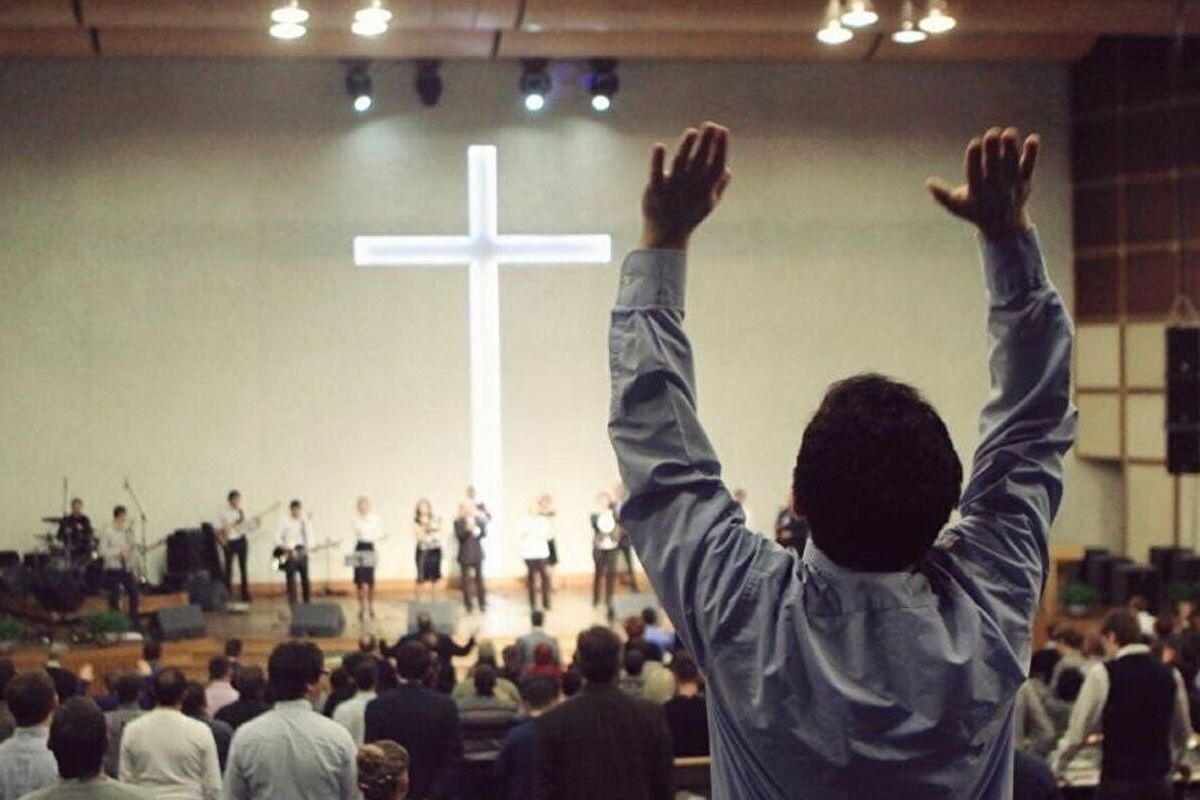Protestantism is one of the three main branches of Christianity, emerging in the 16th century as a response to corruption and theological disputes within the Roman Catholic Church. You might not know that Protestantism is not a single denomination but rather a broad movement encompassing numerous churches united by shared principles of reform and a return to biblical foundations. It has profoundly shaped not only religion but also culture, education, politics, and the concept of individual rights. Today, Protestant communities are present on every continent, playing a significant role in spiritual and societal life. Below are fascinating and informative facts that will help you better understand the roots and impact of Protestantism.
- Protestantism began in 1517 when the German monk Martin Luther published his famous 95 Theses criticizing the sale of indulgences. This act is considered the symbolic start of the Reformation.
- The term “Protestantism” comes from the protest made by German princes at the Diet of Speyer in 1529 against restrictions on religious reform. From then on, the word was used to describe all Christian movements that rejected the authority of the pope.
- One of the core tenets of Protestantism is justification by faith alone, meaning that salvation is granted solely through personal faith rather than by good deeds or church rituals. Other key principles include Scripture alone and grace alone.
- Protestants recognize the Bible as the sole source of divine authority, rejecting papal supremacy and ecclesiastical traditions. This led to widespread translation of the Bible into vernacular languages and promoted literacy.
- Martin Luther’s German translation of the entire Bible significantly influenced the development of the modern German language. It also made the Scriptures accessible to the general population, not just the clergy.
- Protestant ethics, especially in Calvinist teachings, emphasize hard work, frugality, discipline, and personal responsibility. These values contributed to the rise of capitalism in Western Europe.
- Protestantism includes many branches, such as Lutheranism, Calvinism (Reformed), Anglicanism, Baptists, Methodists, Pentecostals, and Adventists. Each has unique theological characteristics but shares the foundational ideals of the Reformation.
- The Anglican Church was formed when King Henry VIII broke away from the pope and established an independent Church of England. This church blends elements of both Catholic and Protestant traditions.
- Many Protestant churches have no strict clerical hierarchy. In Baptist congregations, for example, pastors are elected by church members, and decisions are made collectively.
- Protestantism spread quickly beyond Europe through missionary work. Today, most Protestants live not in Europe but in the Americas, Africa, and parts of Asia.
- Africa has become one of the most dynamic regions for Protestant growth, particularly among Pentecostal and charismatic churches. In countries like Nigeria and Kenya, Protestant communities play major social and educational roles.
- A central idea in Protestantism is the priesthood of all believers, which means every Christian can approach God directly. This removes the need for mediation by a priest in spiritual matters.
- Protestant churches typically lack icons, statues, and images of saints. Worship services focus on Bible reading, preaching, and singing hymns or contemporary Christian songs.
- Protestants do not venerate saints or pray to Mary. They believe that Jesus Christ is the only mediator between God and humanity.
- Liturgical practices in Protestantism can vary widely and are often adapted to local cultural contexts. This flexibility makes Protestant worship accessible and relevant across diverse societies.
- Protestants were instrumental in developing public education systems. They believed everyone should be able to read the Bible independently, leading to the establishment of schools and universities.
- The Reformation period was marked by intense conflict between Catholics and Protestants, including wars and persecution. The Thirty Years’ War is one of the most notable examples of such religious strife.
- Today, Protestantism has over 900 million adherents worldwide and continues to grow. Modern innovations like online sermons and digital evangelism are expanding its global reach.
- Most Protestant denominations do not require clerical celibacy. Marriage, family life, and secular work are often seen as valuable aspects of Christian service.
- Protestantism has had a significant influence on the development of democracy, human rights, and religious freedom. Its legacy continues to shape the foundations of modern civil society.
Protestantism is not just a religious tradition but a transformative movement that has reshaped history, culture, and spiritual understanding across the globe. These interesting facts reveal the depth and diversity of the Protestant worldview. Rooted in faith, literacy, and personal conviction, Protestantism remains a vital force in today’s religious and social landscapes. Understanding its impact helps us better grasp the evolution of modern civilization.





